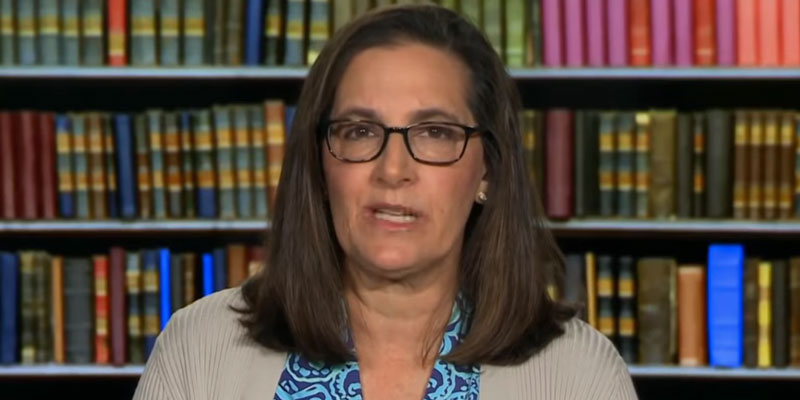It’s common for even the most educated of voters to know little about the candidates on their ballots.
It’s perhaps even more common for voters to lack a general understanding of the offices which those candidates want to occupy.
Here’s a quick summary of the duties of each member of Alabama’s executive department.
Governor
The governor is the state’s chief executive. He or she has the abilities, defined by Alabama law, to sign and veto legislation, to call the legislature to convene a special session on “extraordinary occasions,” to commute sentences and grant pardons, to control state property, to accept and distribute federal grants, among others.
Gov. Kay Ivey is running for re-election against Republican primary challengers Tommy Battle, Bill Hightower, and Scott Dawson.
Lieutenant governor
The lieutenant governor is the “vice” governor, so to speak, and takes over the office of governor upon its vacation. Then-Lieutenant Governor Ivey fulfilled this duty when Robert Bentley resigned the governorship in April 2017.
There are many similarities between lieutenant governor and vice president of the United States. Like the vice president, the lieutenant governor presides over the Senate body and has the ability to cast tie-breaking votes.
Unlike the president and vice president, the lieutenant governor does not run on the same ticket with the governor in Alabama, though in many other states, they do run together.
The Office of Lieutenant Governor is currently vacant. Running for the Republican nomination are Will Ainsworth, Twinkle Cavanaugh, and Rusty Glover.
Attorney General
The attorney general is the state’s top legal official. He or she defends the state in lawsuits and represents the state in other court proceedings. The attorney general also has the power to sue the federal government in federal court. Another of the attorney general’s primary functions is to review and opine on the constitutionality of enacted laws and proposed laws.
Attorney General Steve Marshall is running for re-election against Republican primary challengers Alice Martin, Chess Bedsole, and Troy King.
Secretary of State
First among the secretary of state’s duties as listed in the Code of Alabama is to “keep the state seal, the original statutes and public records of the state.” The secretary of state functions in much the same way as an office secretary. He or she is to maintain and keep in order official documents, deeds, and other public records.
Most importantly, the secretary is the state’s chief election official. He or she maintains election records and certifies election results.
Secretary of State John Merrill is running for re-election against Republican primary challenger Michael Johnson.
State Treasurer
The Code of Alabama lays out the treasurer’s primary duty as “to receive all moneys due the state and deposit them in the proper accounts” He or she is also responsible for paying interest on state debt and managing other financial programs, such as college savings programs.
Treasurer Young Boozer is not running for re-election. Running for the Republican nomination are David Black, Stephen Evans, and John McMillan.
State Auditor
The auditor is required to “make a full and complete report to the governor showing the receipts and disbursement of every character, all claims audited and paid out, and all taxes and revenues collected and paid into the treasury,” as the office’s website summarizes.
The auditor also sits on several key boards, including the State Board of Adjustment and State Board of Appointments for Board of Registrars.
Auditor Jim Zeigler is running for re-election against Republican primary challengers Stan Cooke and Elliott Lipinsky.
@jeremywbeaman is a contributing writer for Yellowhammer News












